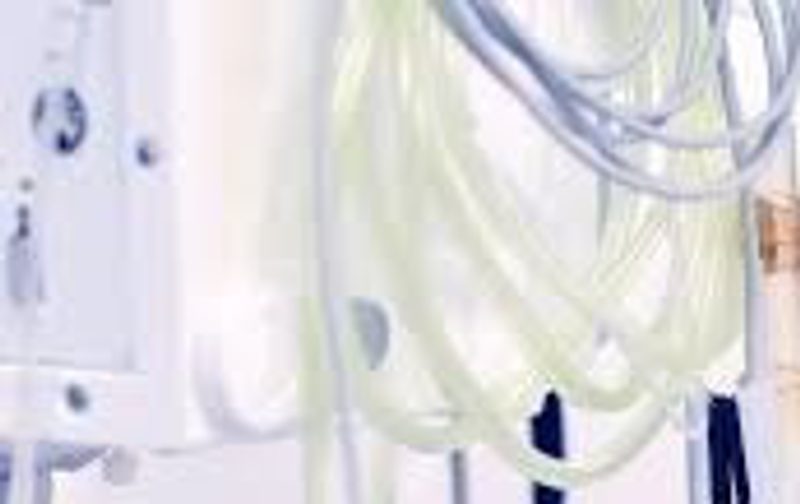
Posted on: March 04, 2021
Over a year since the first cases of COVID-19 in the UK were treated in hospital and there has been huge innovation and improvements in the treatments on offer, and now vaccines are available.
Throughout this period medical foods have played a vital role in supporting the health and wellbeing of patients who have been admitted to hospital with COVID-19 and as patients move out of hospital and continue to recover, many patients continue to rely on nutritional support to rebuild their strength and stamina.
Ventilation support and pharmaceutical treatments have been the main focus for treating those hospitalised with COVID-19, yet the use of tube feeds keeping patients fed and hydrated, has kept these patients alive and helped to tip the balance in the recovery of many.
In the first few months of UK hospitalisations, there was a massive increase in demand for nutritional support for patients including the use of medical foods. Industry worked with clinicians and the health service to understand and meet the specific nutritional requirements of COVID-19 patients. Manufacturing processes were re-engineered and companies worked hard to ensure that the capacity to tube feed up to 16,500 patients was made available to the NHS to care for the thousands of patients being admitted to intensive care and placed on ventilation.
At the same time, companies continued to supply products for the 47,000 patients who rely on home enteral feeding care, and while many are able to self-manage their own feeding tube and feeding regimen, community nurses and company based nursing teams still visited many patients in their homes throughout the last twelve months.
The huge progress in treatments for COVID-19 symptoms has meant that proportionately far more patients are kept off ventilation or able to move out of intensive care and can eventually be discharged home. However, ongoing rehabilitation is necessary for many COVID-19 patients moving out of intensive care as they deal with possible swallowing difficulties (dysphagia) and appetite loss, along with loss of muscle mass and reduced activity.
The government has recently announced £18.5m of funding for four major studies into understanding long COVID-19, and the health, rehabilitation and social needs of those who survive COVID-19. However, ICU acquired weakness (ICUAW) is well understood and many COVID-19 survivors are reporting ongoing symptoms that are significantly impacting their recovery and rehabilitation.
Effective nutritional support, including medical feeds where clinically appropriate, will be essential in supporting the most vulnerable of these patients to recover from the long term physiological and mental impact of COVID-19. The medical nutrition industry continues to work with clinicians across the health system to support these patients and aid their recovery as the UK’s vaccination programme leads the way to overcome this pandemic.